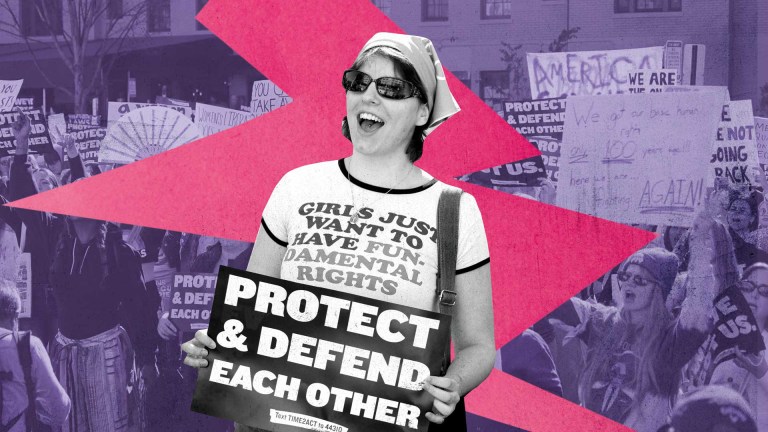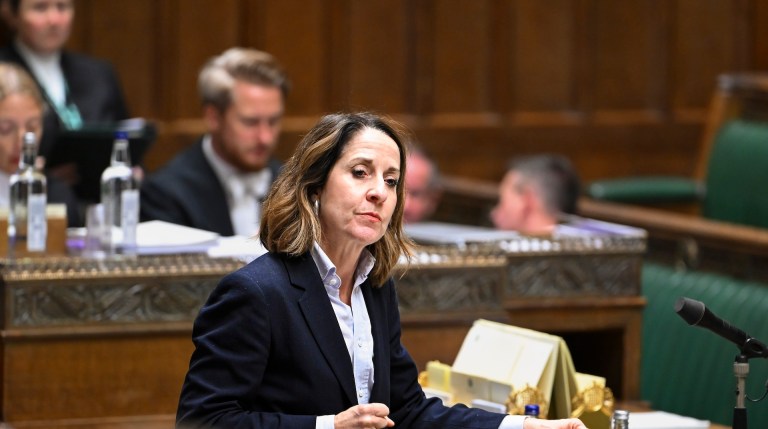Astrea Academy Woodfield also has heavily subsidised uniform and gives free school uniform to the most vulnerable.
“We’ve had to do that,” Scales explained. “Otherwise, we find that shoes are wearing through the soles. You’re getting shirts that look blackened. We’re providing free sanitary wear for all children as well.”
Around half of schools (49%) are using school budget to buy school uniforms and clothing for pupils in need – and 68% of the most disadvantaged schools are having to do that.
One in three schools, and almost half (46%) of disadvantaged schools, are using their school budget to buy sanitary products.
“It would be great to see more funding to enable some of this good work to take place,” Scales said. “However, it’s also a moral imperative that it must take place.”
Ahead of the autumn budget, Teach First is calling on the Labour government to increase school funding to address the challenges that child poverty is bringing into the classroom, with targeted funding for schools with the most disadvantaged pupils.
Advertising helps fund Big Issue’s mission to end poverty
Some schools across the UK have had to set up food banks to feed hungry children, as previously reported by the Big Issue.
Russell Hobby, chief executive of Teach First, said: “Child poverty is eroding our children’s futures. They can’t learn if they’re hungry or avoid school because they lack basic necessities. Schools and teachers are stepping up, of course, but this shouldn’t be their job. Ending child poverty is not only morally right, it is the key to higher standards and prosperity for all.”
Around 90% of the children at Astrea Academy Woodfield are in the lowest 20% for deprivation, and half of pupils are getting free school meals.
Scales said that for children from the most disadvantaged backgrounds, “persistent absence is often higher, exam results are often lower and the behavioural issues we are experiencing are often a lot more challenging”.
“Schools that have large numbers of children from those backgrounds need more money because otherwise they can’t provide the levels of care and intervention and support is needed,” Scales said.
He would like to see the government invest in pupil premium, funding to improve educational outcomes for disadvantaged pupils in state-funded schools in England, which has eroded in real terms by 14% since 2015.
Advertising helps fund Big Issue’s mission to end poverty
As other public services have faced cuts, fewer support systems are in place for children which puts further pressure on schools – that includes children’s mental health services, housing support and social services.
“Schools have a duty to look after children and keep them safe, but we are now having to do more of that than we’ve ever had to before on fewer resources,” Scales said. “But it’s also part of our moral mission, and we’re in this to make that. We think a modest level of funding for schools and an increased level of funding for disadvantaged children would make a difference.”
Do you have a story to tell or opinions to share about this? Get in touch and tell us more. Big Issue exists to give homeless and marginalised people the opportunity to earn an income. To support our work buy a copy of the magazine or get the app from the App Store or Google Play.
Big Issue is demanding an end to extreme poverty. Will you ask your MP to join us?










